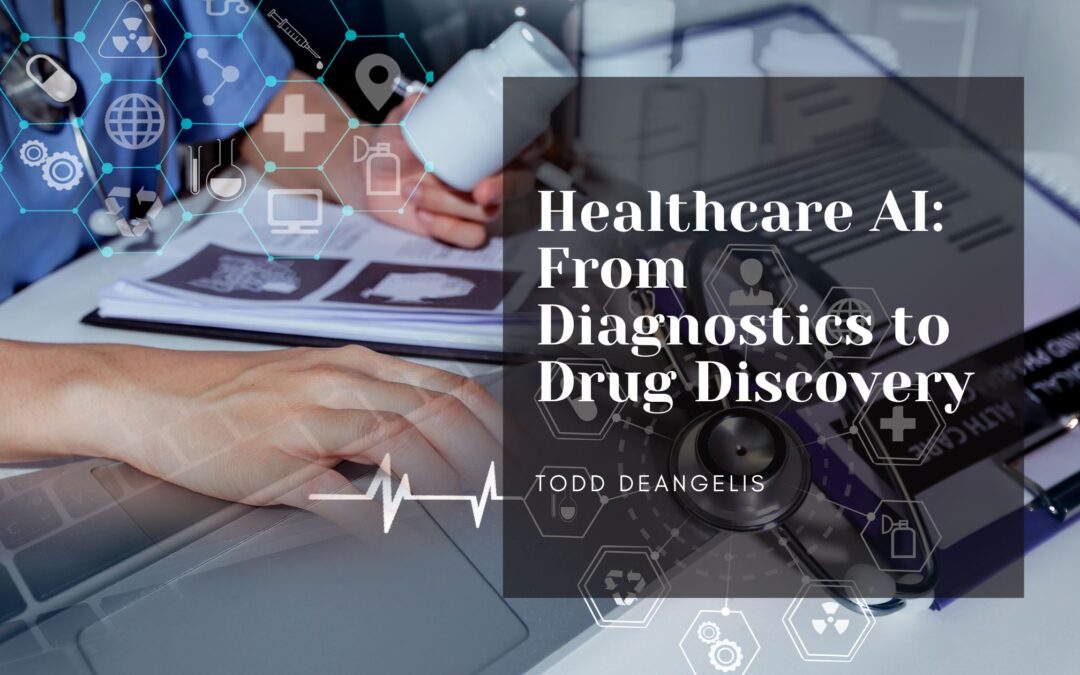In recent years, artificial intelligence (AI) has revolutionized the healthcare industry, transforming how medical professionals diagnose diseases, develop treatments, and improve patient care. From diagnostics to drug discovery, AI technologies have opened new avenues for innovation and efficiency, promising a brighter future for healthcare.
- Diagnostics and Early Detection
One of the significant contributions of AI in healthcare is enhancing the accuracy and speed of diagnostics. AI-powered tools, such as machine learning algorithms, analyze vast amounts of medical data, including images, test results, and patient histories. By comparing this data against established patterns and datasets, AI systems can assist healthcare professionals in diagnosing diseases at an early stage. For instance, in radiology, AI algorithms can identify subtle patterns in medical images, aiding in the early detection of conditions like cancer, thereby improving patient outcomes.
- Drug Discovery and Development
AI is transforming drug discovery, traditionally a time-consuming and costly endeavor. With the power of AI, researchers can analyze vast biological datasets and identify potential drug candidates more efficiently. Machine learning algorithms can predict how molecules will behave and interact with biological systems, accelerating the screening of drug compounds. This streamlined approach not only reduces the time required for drug discovery but also holds the potential to discover novel treatments for various diseases, including rare and complex conditions.
- Personalized Medicine
AI is pivotal in personalized medicine, tailoring treatments and therapies to individual patients based on their genetic makeup, lifestyle, and medical history. By analyzing vast genomic datasets, AI algorithms can identify genetic markers associated with specific diseases and predict how patients might respond to various treatments. This personalized approach allows healthcare providers to optimize treatment plans, minimize adverse reactions, and improve patient outcomes.
- Remote Monitoring and Predictive Analytics
AI-driven remote monitoring tools enable continuous tracking of patients’ vital signs and health metrics outside traditional healthcare settings. Wearable devices equipped with AI algorithms can analyze real-time data, detect irregularities and alert healthcare professionals to potential issues. Moreover, predictive analytics powered by AI can analyze patient data to forecast disease outbreaks, resource needs, and healthcare trends. This proactive approach helps healthcare providers allocate resources effectively, plan interventions, and improve public health management.
- Virtual Health Assistants and Chatbots
AI-powered virtual health assistants and chatbots are transforming patient engagement and support. These intelligent systems can answer medical queries, provide medication reminders, and offer lifestyle recommendations. By leveraging natural language processing and machine learning, virtual health assistants enhance patient experiences, improve accessibility to healthcare information, and support individuals in managing their health effectively.

